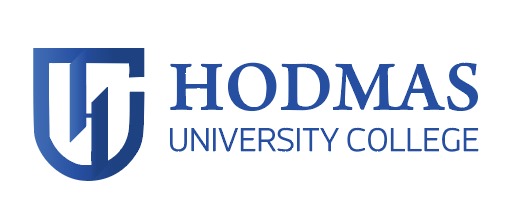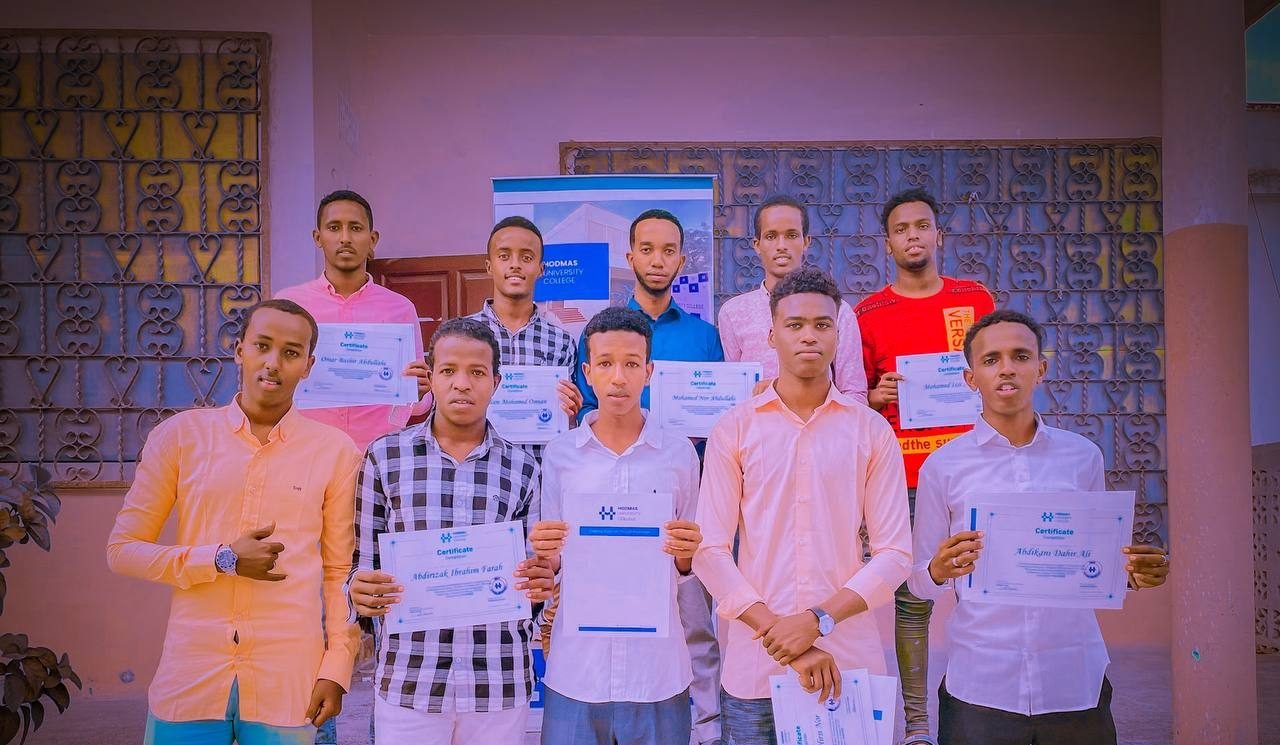Hodmas University College (HUC) continues to demonstrate its commitment to internationalization and fostering global partnerships. Under the leadership of President Mrs. Naima Moalin, HUC recently visited the headquarters of the Association of African Universities (AAU) in Accra – Ghana to explore potential collaborations. This blog post delves into the discussions held between HUC and AAU, focusing on the possibilities for attending AAU’s conferences, accessing their resources, capacity-building opportunities, and the potential for joint workshops.
Attending AAU Conferences and Accessing Resources:
During the visit to AAU’s headquarters, HUC and AAU recognized the mutual benefits of attending conferences organized by AAU. These conferences serve as platforms for academic and research institutions to share knowledge, exchange ideas, and address critical issues in higher education. HUC expressed keen interest in participating in AAU’s conferences, which would enable its faculty, staff, and students to engage with a broader network of scholars and experts from across Africa and beyond.
Furthermore, AAU offers a wealth of resources that can significantly contribute to HUC’s academic and research endeavors. Through collaboration, HUC can gain access to AAU’s vast library of publications, research papers, and databases, empowering its faculty and students with a broader range of academic resources. This access to AAU’s resources will enhance the quality of research and scholarship at HUC, enabling it to make a more significant impact in addressing societal challenges.
Capacity Building Opportunities:
Another key area of discussion between HUC and AAU centered around capacity-building initiatives. HUC recognized the value of professional development opportunities for its faculty and staff, enabling them to enhance their skills and stay abreast of the latest trends in higher education. AAU offers a range of capacity-building programs, workshops, and training sessions designed to strengthen the capabilities of academic institutions. By collaborating with AAU, HUC can avail itself of these opportunities, ensuring its faculty and staff have access to cutting-edge knowledge and pedagogical approaches.
Joint Workshops and Collaborative Initiatives:
HUC and AAU also explored the possibility of organizing joint workshops and collaborative initiatives. These workshops could bring together faculty, researchers, and experts from both institutions to delve into specific thematic areas of mutual interest. By leveraging the collective expertise and resources, HUC and AAU can facilitate knowledge exchange, foster interdisciplinary collaboration, and develop innovative solutions to address pressing challenges in higher education.
Additionally, joint research projects, curriculum development, and mentorship programs could be considered avenues for collaboration. These initiatives would enable HUC and AAU to combine their strengths and create impactful educational experiences for students, promote faculty development, and contribute to the advancement of higher education in Africa.
Conclusion:
Hodmas University College’s visit to AAU’s headquarters marked an important step in solidifying its commitment to international collaboration and fostering partnerships. The discussions revolved around attending AAU’s conferences, accessing resources, capacity building opportunities, and joint workshops. By leveraging the resources, expertise, and network of AAU, HUC aims to enhance its academic and research capabilities, empower its faculty and staff, and provide its students with a truly global educational experience. The potential collaborations with AAU hold immense promise for HUC’s growth and the advancement of higher education in Africa as a whole.



